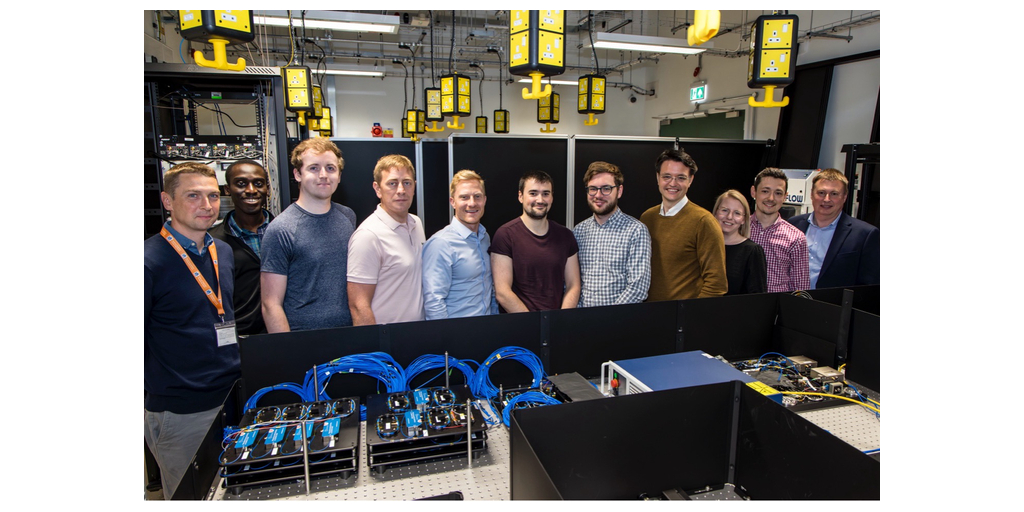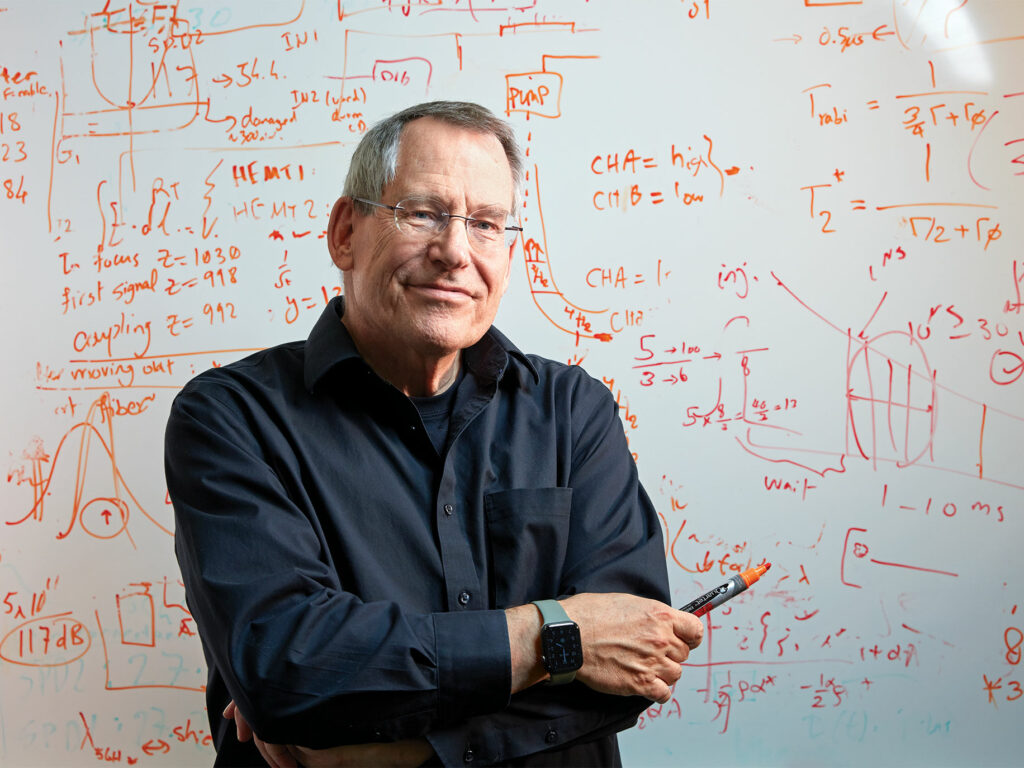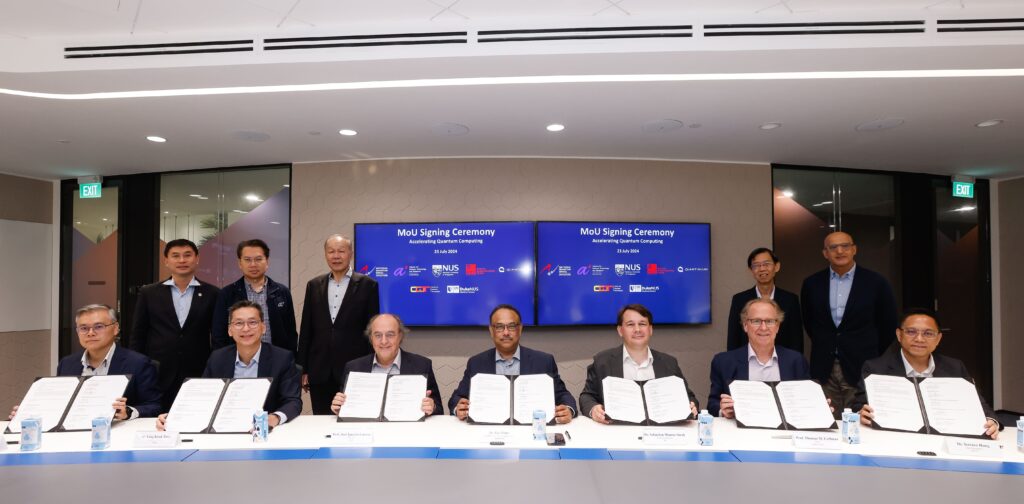Insider Brief
- Diraq reached a key milestone by unlocking the potential of quantum computers to operate at warmer temperatures.
- Engineers showed the company’s spin-based quantum processors to operate at temperatures 20 times warmer than previously demonstrated.
- The processors continued to maintain stability and high accuracy.
PRESS RELEASE — Engineers from Diraq, a world leader in the development of quantum processors using silicon ‘quantum dot’ technology, reached a key milestone by unlocking the potential of quantum computers to operate at warmer temperatures, accelerating the development of more powerful, cost-effective and energy-efficient systems.
In a peer-reviewed study published in Nature today, High-Fidelity Spin Qubit Operation and Algorithmic Initialisation Above 1K, the Diraq team demonstrate the capability of the company’s spin-based quantum processors to operate at temperatures 20 times warmer than previously demonstrated while maintaining stability and high accuracy.
Traditional silicon chips generate heat, a familiar issue when using electronic devices. Several leading quantum computing modalities in the current landscape require cooling to extremely low temperatures, very close to absolute zero (-273.15 °C). At higher temperatures, the qubits falter, rendering the technology impractical.
This new research demonstrates high-accuracy spin-based quantum computation at temperatures above one Kelvin, a temperature compatible with the ability of conventional electronics to operate, meaning it is possible to run complex error correction routines required for fault-tolerant quantum computing. This sets a path to realistic and useful quantum computers, according to Jonathan Huang, lead author and research associate at Diraq, and Ph.D. student at the University of New South Wales.

“This temperature increase, although difficult to grasp when compared to conventional temperature concepts, is actually groundbreaking in the realm of quantum computing,” said Huang. “Our advanced engineering achievement involved a deep understanding of physics as well as the experimental curiosity to push the boundaries of engineering design.”
Addressing the scale-up challenge in quantum computing to reach millions of qubits, Diraq’s innovative hardware, which is constructed using a novel technology known as spins in silicon, sets the company apart from more established competitors, according to Professor Andrew Dzurak, CEO and Founder of Diraq.
“While our quantum processors still require refrigeration, the costs and complexity of the overall system are dramatically reduced at these elevated temperatures,” said Dzurak. “Harnessing the power of ‘hot qubits,’ these quantum computers will enable calculations far beyond the reach of supercomputers that exist today, enabling faster and more accurate predictions and analysis. This will also save costs and energy when running calculations to solve problems of global significance, generating significant economic outcomes.”
Dr. Henry Yang, Head of Quantum Control at Diraq, was lead author of the team’s previous paper, published in Nature in 2020 that created awareness of the challenges and opportunities of operating ‘hot qubits.’ Motivated by the challenge to achieve high accuracy qubit control, initialization and readout at elevated temperatures, Diraq undertook a meticulous exploration of physical parameters to reach its goal.
With a strategic vision to be an end-to-end quantum computing provider, Diraq aims to combine the value propositions of today’s chip manufacturers, cloud computing companies, and software algorithm providers to unlock the full potential of quantum computing – an industry projected to generate $450 to $850 Billion in annual revenue by 2035.
Quantum computing operates on principles distinct from classical computing, harnessing the power of minute quantum interactions to tackle large, complex problems. This intricate approach necessitates tailored algorithms, hardware and software specifically designed for quantum systems.
By leveraging modified transistors, the same fundamental components powering the digital devices integral to our daily lives, Diraq can use existing silicon chip ‘foundries’ for manufacture, tapping into decades of knowledge and trillions of dollars of investment that underpins today’s semiconductor industry.
The encoding of qubits in semiconductor spin carriers has been recognized as a promising approach to a commercial quantum computer that can be lithographically produced and integrated at scale.
Enabled by Diraq’s technological advancement, the transformative applications of quantum computing are expected to impact pharmaceuticals, materials science, finance, logistics, weather forecasting, and efficient management of energy storage and distribution.
For more information on the technical aspects of the paper, refer to ‘Diraq_Jonathan Huang Nature Paper_Blog Post’ document.
For more market insights, check out our latest quantum computing news here.




















